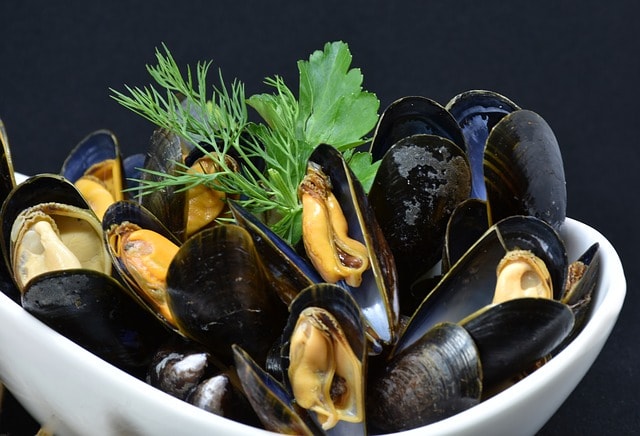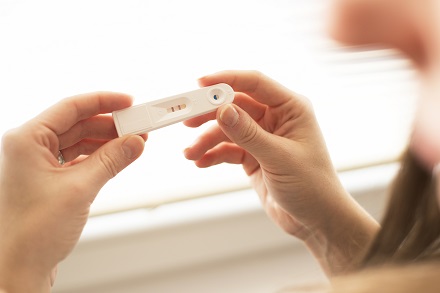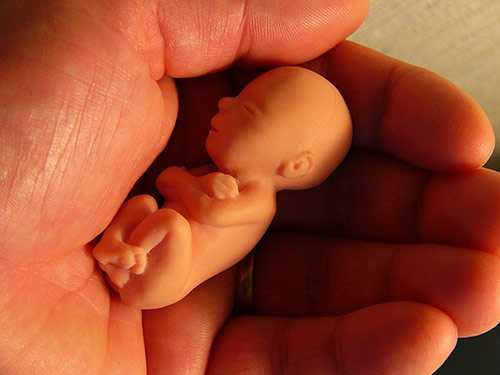 While there are no strict guidelines on what should make up a pregnancy diet, you are always advised to stick to a healthy and nutritious diet. There are foods that are best avoided and others to be taken in moderate amounts.
While there are no strict guidelines on what should make up a pregnancy diet, you are always advised to stick to a healthy and nutritious diet. There are foods that are best avoided and others to be taken in moderate amounts.
With certain kinds of fish, like salmon, recommended for their omega-3 fatty acids, what about other food sources found in the sea, like mussels? Are they safe to eat while pregnant?
The short answer is yes, but you have to very careful about how they are cooked. Eating raw seafood exposes you to the risk of food poisoning.
The Importance of Omega-3 During Pregnancy
Omega-3 fatty acids are important for both you and your baby, with seafood being a good source for them.
There is evidence for it being crucial in your child’s neurodevelopment while in the womb. At the same time, getting enough omega-3 into your diet is important to prevent delivery before your baby is actually due.
Of the different kinds of omega-3s, eicosapentaenoic acid (EPA) and docosahexaenoic acid) (DHA), are the most beneficial. Although they naturally occur together, each of them brings unique benefits.
EPA helps with inflammatory response and supports the heart and immune system. DHA, on the other hand, supports the central nervous system as well as the brain and eyes.
Omega-3s are equally important after pregnancy, especially when breastfeeding. Studies have also shown that omega-3 consumption during pregnancy reduces the risk of allergies in a child.
An Omega-3 Deficient Diet
Sadly, the traditional Western diet is deficient in omega-3. One of the best sources for omega-3 is cold water fish, including salmon, sardines, and tuna.
High amounts of omega-3 are also found in seafood, with the very desirable combination of EPA and DHA fatty acids found in mussels. The said fats provide several benefits, including improved brain function and reduced inflammatory conditions.
Plus, it’s not only omega-3 that mussels are rich in. They are also good sources of zinc, which is particularly helpful in building immunity.
Mussels also contain iron and folic acid, two nutrients vital in a pregnancy diet.
Folate, the B vitamin, is helpful in preventing neural tube defects and avoiding abnormalities in the brain and spinal cord. The synthetic version, folic acid, is found in supplements and can help reduce preterm birth.
Iron is used by the body to make hemoglobin, which carries oxygen to tissues. When pregnant, you need double the amount of iron to increase blood production in order to supply your baby with oxygen.
Although containing all these crucial nutrients, many stay away from mussels for fear of mercury and other contaminants. The concern is understandable given it is not easy being pregnant and adding a bout of food poisoning to the equation is just not helpful.
Taking supplements can be an alternative to having sufficient omega-3 in the diet, but it would be best to consult a doctor before taking them.
Health Concerns Over Mussels
One of the main reasons for avoiding mussels during – or even before and after – pregnancy is health reasons. Many have heard enough stories about mussel consumption gone bad, and definitely don’t want to experience the same thing.
The chances of contracting hepatitis A is high when consuming seafood. Even worse, you can pass on the disease to your unborn child.
Mercury is another concern for the avoidance of mussels and other shellfish. It can do grave damage to the nervous system of an unborn child and disrupt brain development.
So with recommendations for a healthy but varied diet during pregnancy, how can you include mussels in your diet but also stay safe?
The best course of action would be to prepare the mussels yourself. That way, you know exactly how a dish was prepared.
On the other hand, you can have someone who really knows how to handle seafood to help you out. Doing so ensures that you will be consuming mussels that have been rid of potential dangers.
Mussels in the Pregnancy Diet
Although mussels are commonly prepared by steaming, doing so doesn’t completely eliminate the virus that causes hepatitis A. It’s better to boil the shells for three minutes instead.
A shell that has refused to open should be thrown away because that is potentially bad. They should also be consumed on the day of purchase because they are highly perishable.



